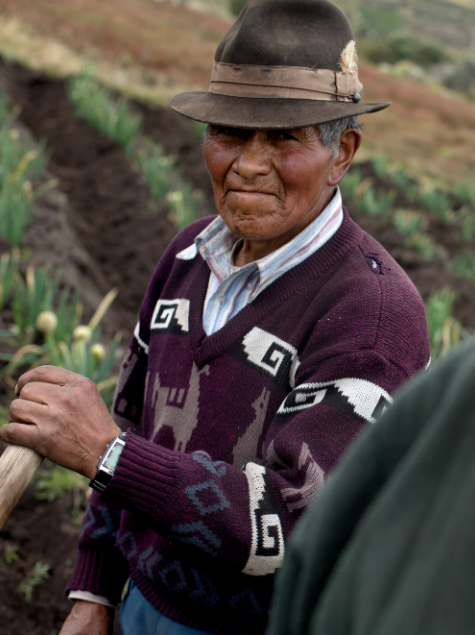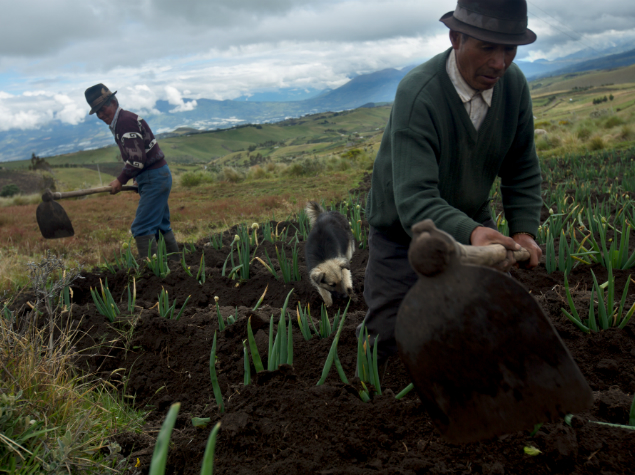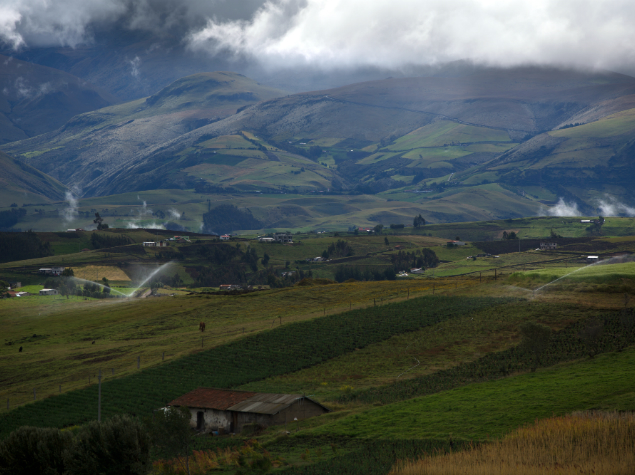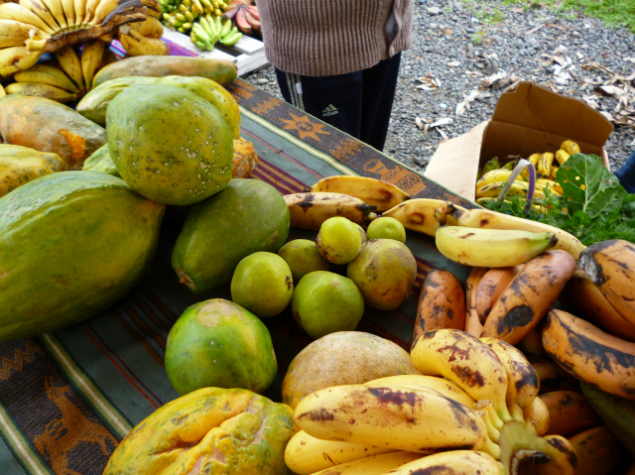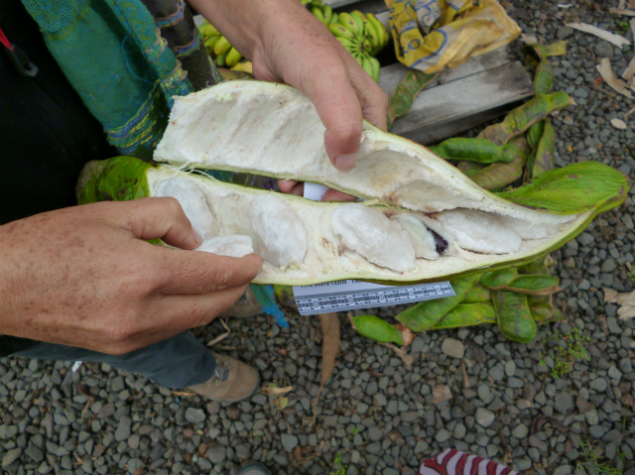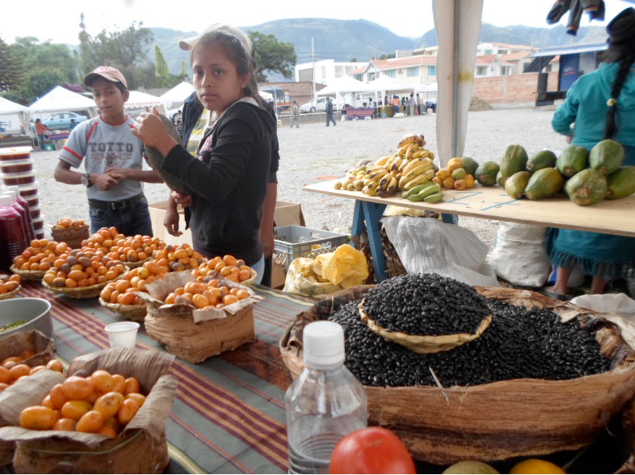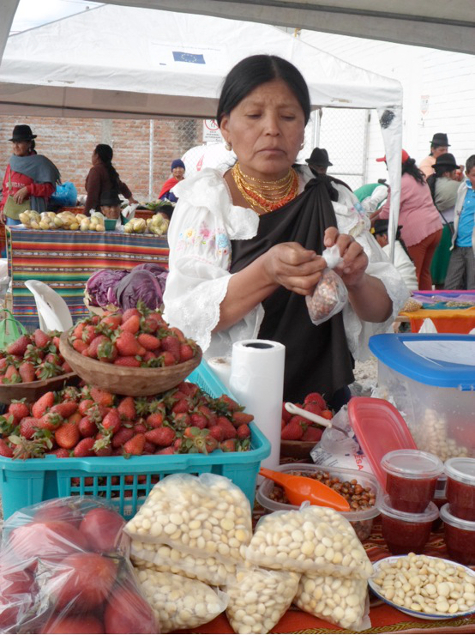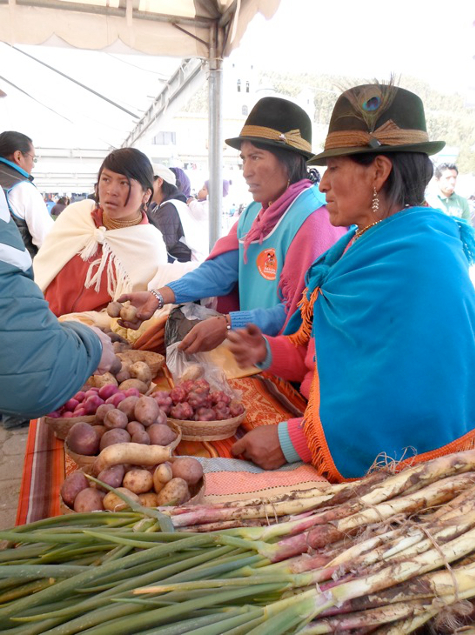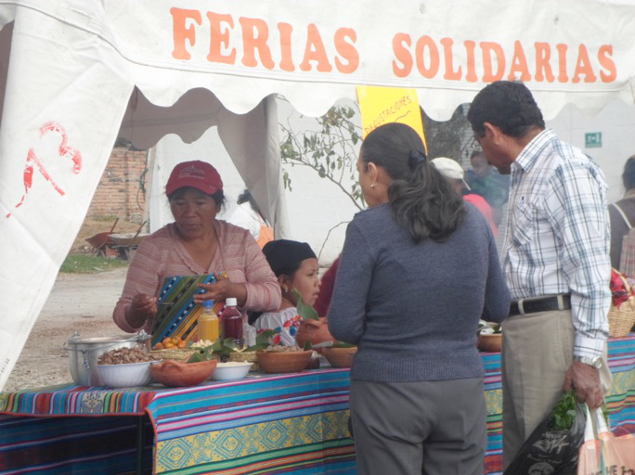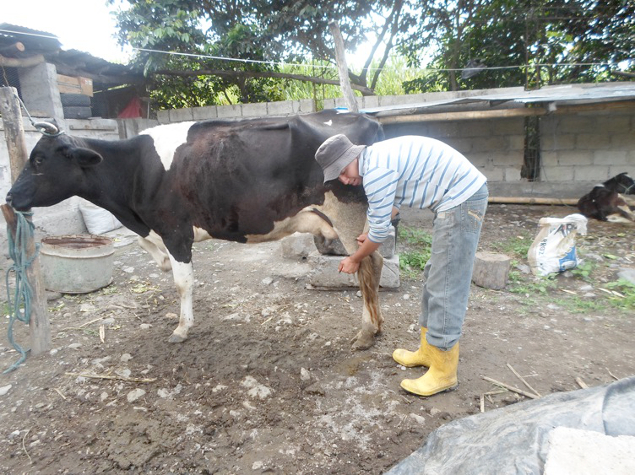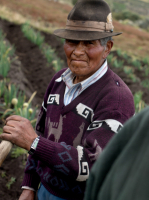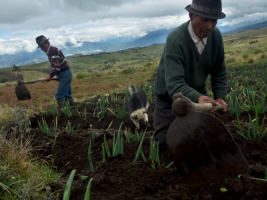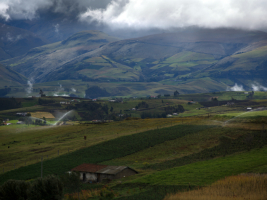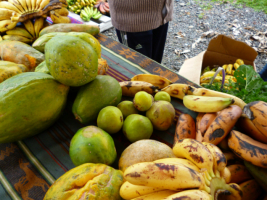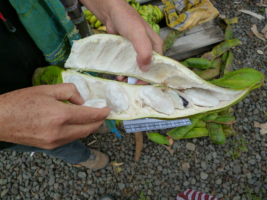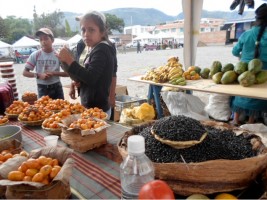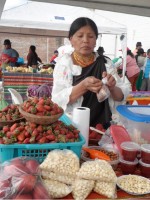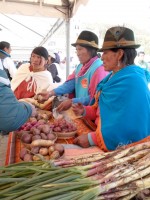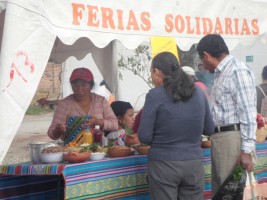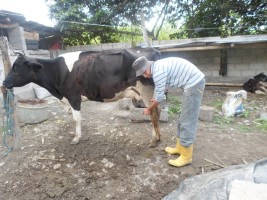Agroecological production and development of local markets by Indian organizations in the north of Ecuador
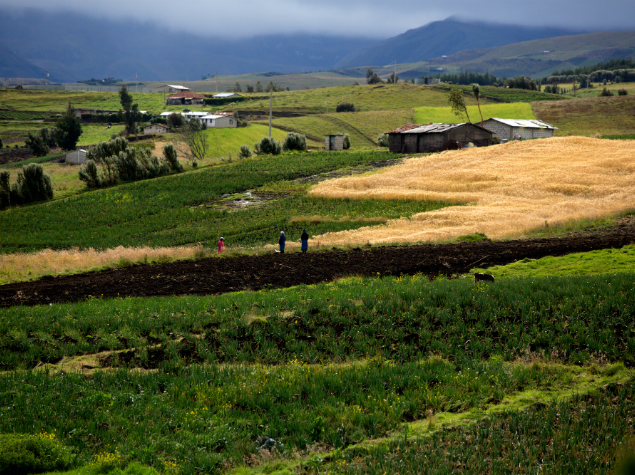
This project, proposed by AVSF, will enable the incomes of Indian families to be improved through agroecological family farming and direct sale of products via collective initiatives to develop local markets in Imbabura and Pichincha provinces.
This will be achieved by:
- Building farming families’ capacity to develop agroecology-based agricultural production systems and to promote their products via collective initiatives for processing and selling through short supply chains.
- Putting forward and influencing the implementation of sustainable policies that support agroecological production and the development of short supply chains through dialogue between social stakeholders and local authorities.
In a trading environment that is particularly unfavorable to small producers, this project aims to respond to the demand and challenge of setting a fair value on small farmers’ agroecological products. The project will help develop economic initiatives that empower small farmers by stimulating rural development in the northern Ecuadorian Andes. This will be achieved by strengthening the capacity of Indian farmers’ organizations to use agroecological production methods and through the collective food processing and local marketing projects that will be generated.
The final (indirect) beneficiaries are the 6000 families of small farmers that belong to the local Indian organizations, the two decentralized autonomous governments of the provinces of Imbabura and Pichincha, and Ecuador’s Ministry of Agriculture (MAGAP).
Read the testimonies of Luzmila Vázquez, Teresa Chimarro and Carmen Ulcuango and Isidro Chicaiza, beneficiaries of the AVSF project in Ecuador.
Final Report Summary
The project was successful in improving the income and life quality of families in the Imbabura and Pichincha provinces:
- By the end of the project, 430 producers adopted agro-ecological production techniques while 1,634 were trained on value-added and responsible consumption.
- Through the creation and consolidation of 14 marketing initiatives, 2,270 consumers gained access to healthy products, while 45 local promoters and managers were trained in market management.
- The two provincial governments’ capacity to promote agro-ecology and foster market development was also strengthened.

